Subgrantee Group
Investigating the Evolution of Science and Religion as Adaptive Knowledge Specialization
Principal Investigator: Aaron Lightner, Aarhus University
The proposed study investigates religion and science by approaching them as products of a cognitively integrated system whose evolved function is to acquire socioecological knowledge relevant to fitness. According to this hypothesis, only in the last century or two have “science” and “religion” become distinct knowledge systems. The proposed research will focus on the hypothesis that acquiring expertise in particular knowledge domains is, in part, an adaptive strategy to provide benefits to social partners, and that partners evaluate experts in a biological market based on evidence (feedback and efficacy) and social considerations (authority, consensus, and prestige). It specifically examines how individuals evaluate religious and scientific experts in cultures where a separation between religion and science is unclear and unintuitive.
The study is an evolutionary anthropology PhD project carried out under the supervision of Dr. Edward Hagen, and has three interrelated study components: (1) fieldwork among the Maasai, a population currently undergoing rapid changes in religious and scientific beliefs (sect. 4), (2) cross-cultural analyses (sect. 5), and (3) computational modeling (sect. 6). The fieldsite presents a transient opportunity to observe competition between traditional, Christian, and scientific belief systems. The cross-cultural analyses help understand how widespread various types of expertise appear in ethnographic descriptions of small-scale societies. Computational modeling formalizes our ideas, contributing to ongoing debates about specialized expertise and efficacious knowledge in small-scale societies. Priorities include developing theory, creating avenues for collaborative postdoctoral research, and communicating our results to the public.

